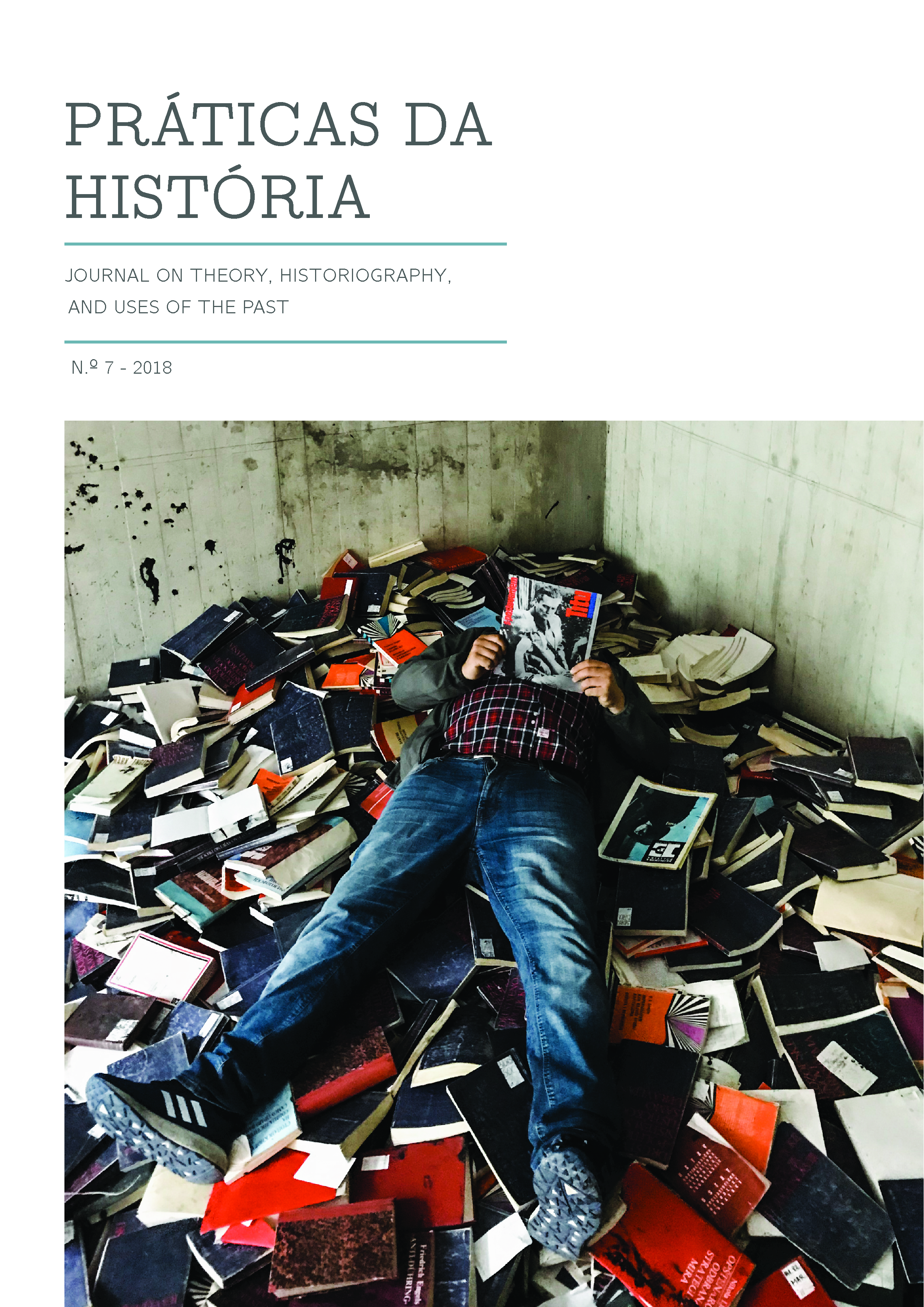World, Structure and Play: A Framework for Games as Historical Research Outputs, Tools, and Processes
DOI :
https://doi.org/10.48487/pdh.2018.n7.22437Mots-clés :
Video games, interactive History, research tools, Public HistoryRésumé
The potential of historical digital games as academic research outputs has been discussed by a small but growing number of authors (Clyde et al., Spring, Chapman, Carvalho, etc.). To date most of this work has focussed on the validity of games as an academic historical form. This article moves the debate forward by considering the potential of games to act not only as representations of historical data and analysis, but also as a medium of historical debate. It leans on the framework described by the games scholar Espen Aarseth to propose that the fundamental nature of games could allow the exploration and interrogation of information and arguments. Through the interactive quality of the medium tied to a historically critical approach, players could become not only observers of an output, but participants in the process of historical debate. Ultimately, the article argues that while games can certainly never replace monographs and other scholarly outputs, they can be an important addition to the field of study.



